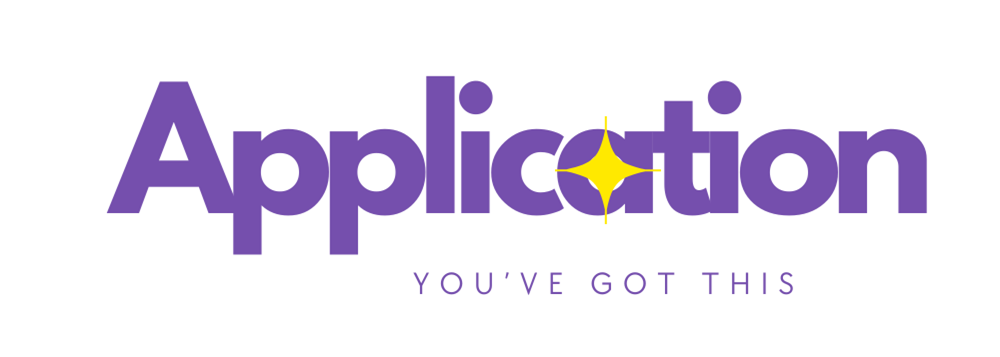Application: Data Collection
SoTL Research Foundations: Data Collection

Application
Practically addressing each key topic involves specific strategies that SoTL researchers can implement to ensure effective data collection.
To obtain the necessary permissions, researchers should start by identifying the relevant authorities, such as the university office of research and grants, the IRB, and departmental heads, and prepare a detailed research proposal that aligns with their guidelines. This proposal should clearly outline the research objectives, methods, and ethical considerations.
Planning the data collection process involves drafting a comprehensive prospectus that includes detailed descriptions of the data collection methods, instruments to be used, and the anticipated impact on participants. This prospectus should be reviewed by peers or mentors to ensure clarity and thoroughness. Considerations should be given to how much time it takes to complete the survey, what benefit completing the survey is to the participant, and the timing of the survey, such as to not interfere with key classroom learning or assignment completion. Similarly, any interventions should be well-planned to minimally impact the learning environment except for the desired outcomes. Remember that you will need to demonstrate to the IRB that all students receive the same learning opportunities despite the different treatments.
Obtaining IRB approval requires a well-prepared application that addresses all ethical concerns. Researchers should highlight how they will obtain informed consent, protect participant confidentiality, and minimize potential risks. It is helpful to seek feedback from experienced researchers or IRB consultants during this process.
Recruiting participants can be achieved through multiple channels. In face-to-face classrooms, researchers might distribute flyers, make announcements, or have brief meetings with potential participants. In online settings, email invitations, LMS announcements, and virtual meetings are effective. For faculty recruitment, direct outreach and departmental communications are key strategies.
Completing data collection from primary sources should be integrated into regular classroom activities to minimize disruption. For instance, surveys can be embedded within regular coursework or administered during class breaks. Researchers should pilot-test their instruments to ensure they are user-friendly and do not interfere with teaching.
Retrieving data from secondary sources requires obtaining permissions from relevant authorities and ensuring the data are accurate and complete. Researchers should also verify the reliability and validity of these data sources and address any limitations they may have.
Managing the data involves establishing secure data storage solutions, such as encrypted digital storage or locked filing cabinets for physical data. Researchers should also implement data handling protocols to maintain confidentiality and ensure ethical compliance throughout the research process. Managing the data also includes matching the data once collected such that data from multiple sources is attributed to the correct unit of analysis, which is often the student.
---------- Grouped Links ---------
numOfValidGroupedLinks: 8
SoTL Helper (AI - POE external): https://poe.com/SoTLCIRTBOT49
Site Authorization: https://research.gcu.edu/integrity/site
Research Consultation: https://cirt.gcu.edu/research/support/consultation
THINK: https://cirt.gcu.edu/research/support/clubs
IRB: https://research.gcu.edu/irb
SoTL Steps: Collect Data: https://cirt.gcu.edu/blogs/sotl-news/sotl-step-3-collect-the-data
RR: Collect in Qualitative Descriptive: https://cirt.gcu.edu/resources/students/features_of_qualitative_descriptive_studies/data
RR: Collect in Mixed Methods: https://cirt.gcu.edu/research/develop/research_ready/mixed_methods/4
----------------------------------
-------------- Links -------------
numOfValidLinks: 0
----------------------------------
Related Resources
this.updated: True
links.count: 0
obj.hasPermission(enums.PermissionVerb.Edit): False
numOfValidLinks: 0
linksJSON.groups.count: 1
numOfValidGroupedLinks: 8
numOfValidGroupedLinks -> numOfLinksToDisplay: 8
numOfLinksToDisplay = 8
this.layout = 2
- TrueFalse(True || !True && False)https://poe.com/SoTLCIRTBOT492
- SoTL Helper (AI - POE external) TrueFalse(True || !True && False)https://research.gcu.edu/integrity/site2
- Site Authorization TrueFalse(True || !True && False)https://research.gcu.edu/irb2
- IRB TrueFalse(True || !True && False)https://cirt.gcu.edu/research/support/consultation2
- Research Consultation TrueFalse(True || !True && False)https://cirt.gcu.edu/research/support/clubs2
- THINK TrueFalse(True || !True && False)https://cirt.gcu.edu/blogs/sotl-news/sotl-step-3-collect-the-data2
- SoTL Steps: Collect Data TrueFalse(True || !True && False)https://cirt.gcu.edu/resources/students/features_of_qualitative_descriptive_studies/data2
- RR: Collect in Qualitative Descriptive TrueFalse(True || !True && False)https://cirt.gcu.edu/research/develop/research_ready/mixed_methods/42
- RR: Collect in Mixed Methods
view = 2
numColumns = 2
lineBetween = 1
arrowStyle = 3
barStyle = 1
barColor = #470a68
results = 10
 At GCU, you need Site Authorization to use GCU data. See link in resources at the bottom of the page
At GCU, you need Site Authorization to use GCU data. See link in resources at the bottom of the page
Page Options

